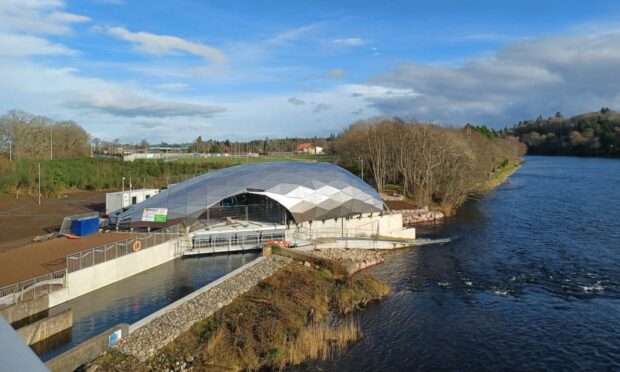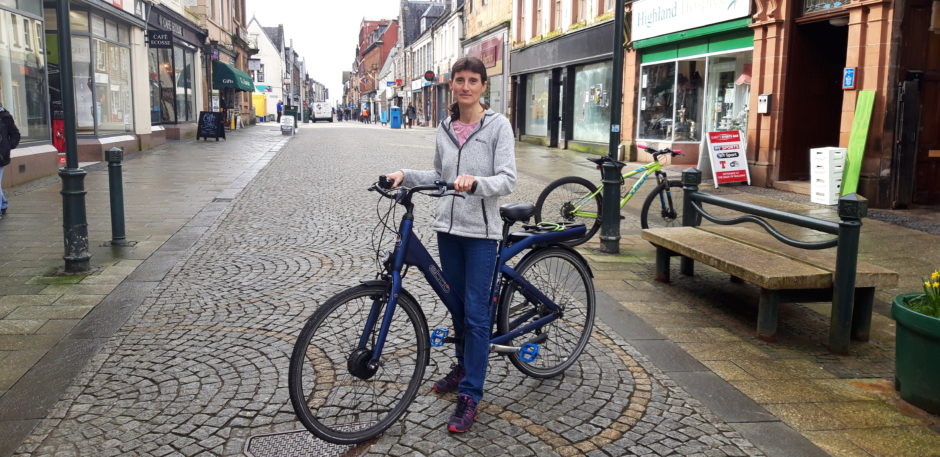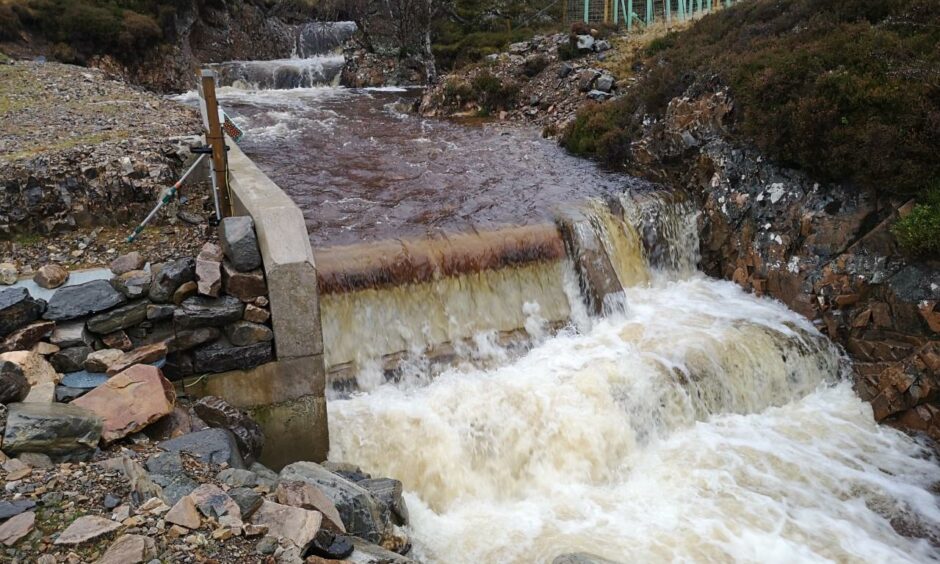Green councillors in the Highlands are calling for a new “Power to the Glens” renewable energy strategy on council-owned land and resources.
They believe a new strategy would match the vision and scale of the hydro schemes from the 1950s – and be an opportunity to limit fuel costs to Highland homes.
The councillors have raised a motion for Wednesday’s Highland Council meeting and plan to restate the climate emergency.
Depute chairwoman of the climate change committee, Councillor Kate Willis said: “We have council-owned school building roofs, offices, old waste tips, and the potential for ground or water-source heating.
“There’s council-owned car parks across the Highlands which could become solar power stations.
Reduce energy impacts
“A roof of solar panels over a car-park could create power – as well as providing protection for the cars below. Schemes like these can generate income for the council and reduce our energy requirements, without impacting on the landscape.”
Ms Willis, who represents Fort William and Ardnamurchan, added: “Public investment in renewable energy in the current crisis is both saving money and printing money.
In July, National Grid announced a £7billion upgrade to the transmission structure in the north of Scotland to deal with the expected significant growth in renewable energy.
Ms Willis continued: “It is imperative that the council play its part in this growth.
“Recent months have proved the importance of keeping as much energy supply in the public sector as possible, so as to be able to control prices.
“In the 1950s Power from the Glens was the bold plan which created the Hydro Board and transformed the Highlands.
“We now need the council to produce a similarly bold and courageous plan, using the property and resources that it owns.”
Power to the people
Building on the success of the Archimedes screw on the River Ness, the councillors say there is the potential to produce renewable energy using council-owned assets and funding streams.
Their motion urges fellow councillors to maximise its involvement in the growth of renewables for the benefit of local people.
It reads: “It is time for the council to develop an ambitious, bold and courageous strategy, to match Tom Johnston’s visionary Power from the Glens project of the 1940s, by using council land and resources to maximise income to the council.”



Conversation